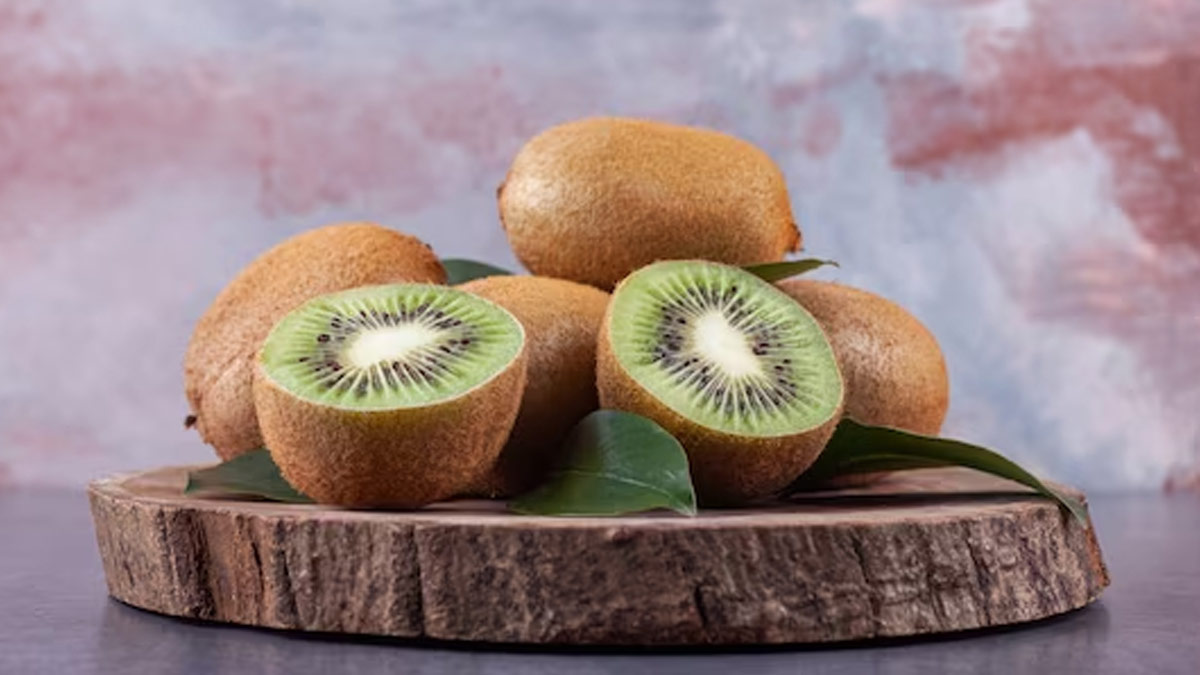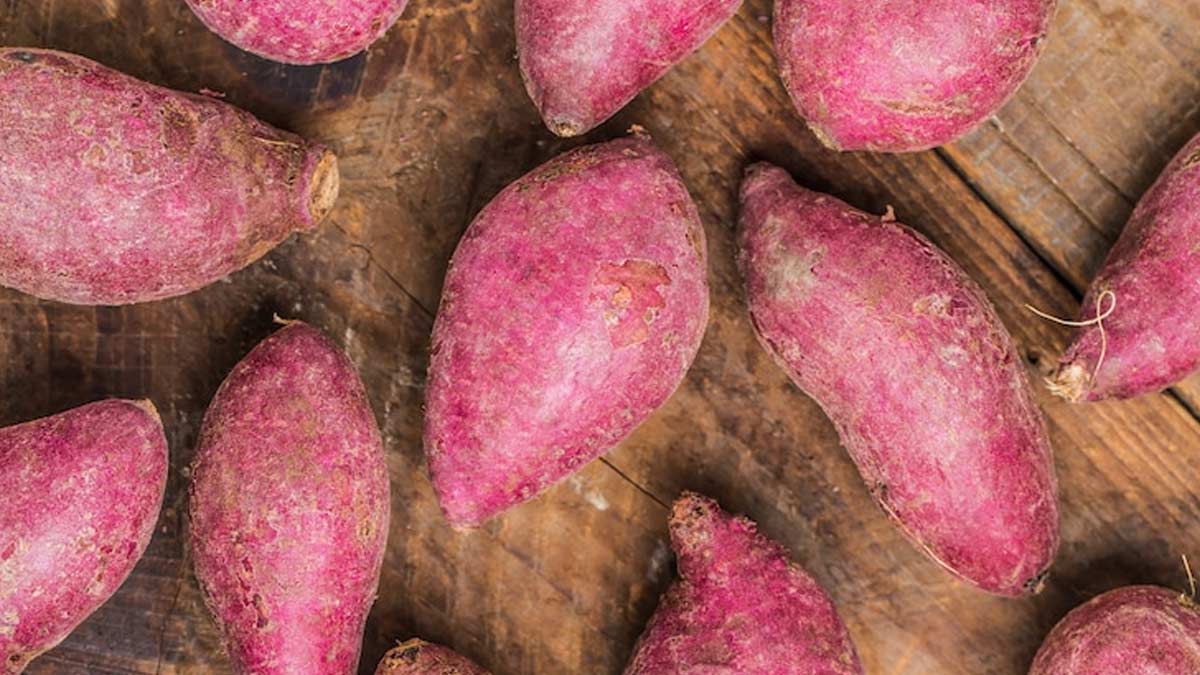
Due to the cold and dry conditions, maintaining good skin can be difficult throughout the winter months. However, including some items in your diet can supply critical elements that promote skin health. Here are eight foods that can help your skin stay healthy and beautiful this winter:
Table of Content:-
Avocado
Avocados are rich in healthy fats, particularly monounsaturated fats and omega-3 fatty acids. These fats help moisturise the skin from within, combating dryness. Additionally, avocados contain vitamin E, an antioxidant that supports skin health by protecting it from oxidative damage.
Also read: The Correct Way Of Layering Skin Care Products

Fatty Fish (Salmon, Mackerel)
Fatty fish like salmon and mackerel are excellent sources of omega-3 fatty acids. These fats contribute to skin hydration, reduce inflammation, and may help alleviate symptoms of skin conditions like eczema and psoriasis.
Sweet Potatoes
Sweet potatoes are packed with beta-carotene, a precursor to vitamin A. Vitamin A is essential for skin health as it promotes cell turnover and helps maintain the skin's protective barrier. Consuming beta-carotene-rich foods can contribute to a natural, healthy glow.

Nuts and Seeds
Nuts and seeds, such as almonds, walnuts, and flaxseeds, are rich in essential fatty acids, vitamins, and minerals. These nutrients support skin elasticity, hydration, and overall health. Almonds, in particular, provide vitamin E, which helps protect the skin from damage.
Citrus Fruits (Oranges, Grapefruits)
Citrus fruits are high in vitamin C, a powerful antioxidant that supports collagen production, a key protein for skin structure. Vitamin C also helps protect the skin from oxidative stress and aids in wound healing.
Dark Leafy Greens (Spinach, Kale)
Dark leafy greens are loaded with vitamins A and C, as well as antioxidants. These nutrients contribute to skin health by promoting collagen synthesis, protecting against UV damage, and reducing inflammation.
Olive Oil
Olive oil is a source of monounsaturated fats and antioxidants. Consuming olive oil can help moisturise the skin and provide a protective barrier against harsh winter conditions. Additionally, the polyphenols in olive oil have anti-inflammatory properties.\
Greek Yoghourt
Greek yoghourt is rich in protein, which is essential for skin repair and regeneration. It also contains probiotics that support gut health. A healthy gut is linked to better skin health, as imbalances in the gut microbiota can impact skin conditions. In addition to incorporating these foods into your diet, remember to stay well-hydrated by drinking plenty of water throughout the day.
Hydration is important for maintaining skin moisture. Also, limiting the intake of sugary and processed foods can help prevent skin inflammation and breakouts. It's important to note that individual dietary needs may vary, and consulting with a healthcare professional or a registered dietitian can provide personalised advice based on your specific skin concerns and overall health.
Also watch this video
How we keep this article up to date:
We work with experts and keep a close eye on the latest in health and wellness. Whenever there is a new research or helpful information, we update our articles with accurate and useful advice.
Current Version